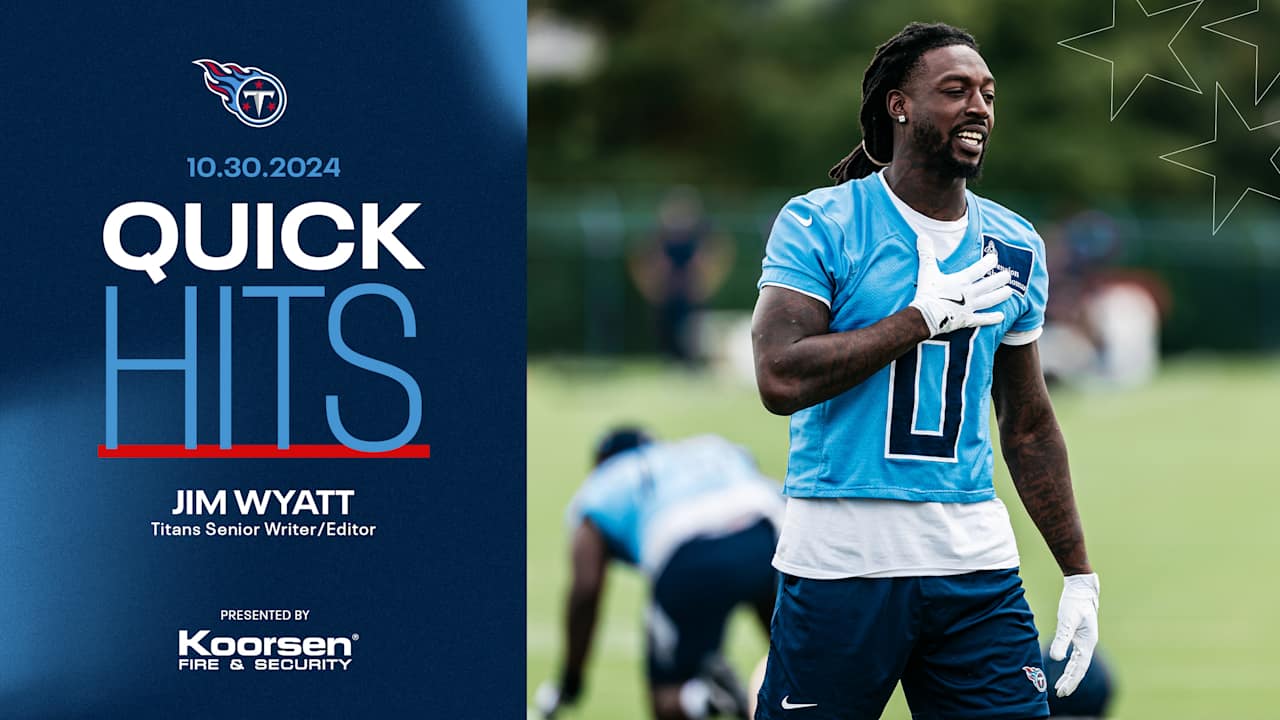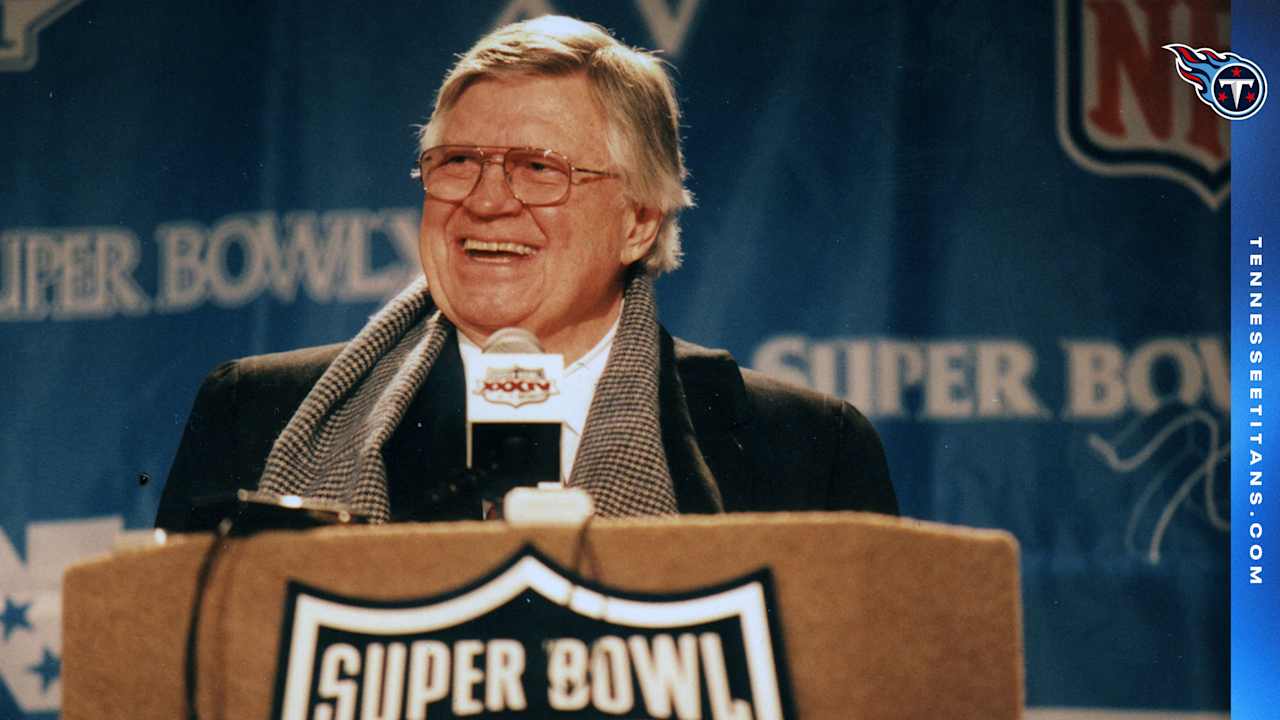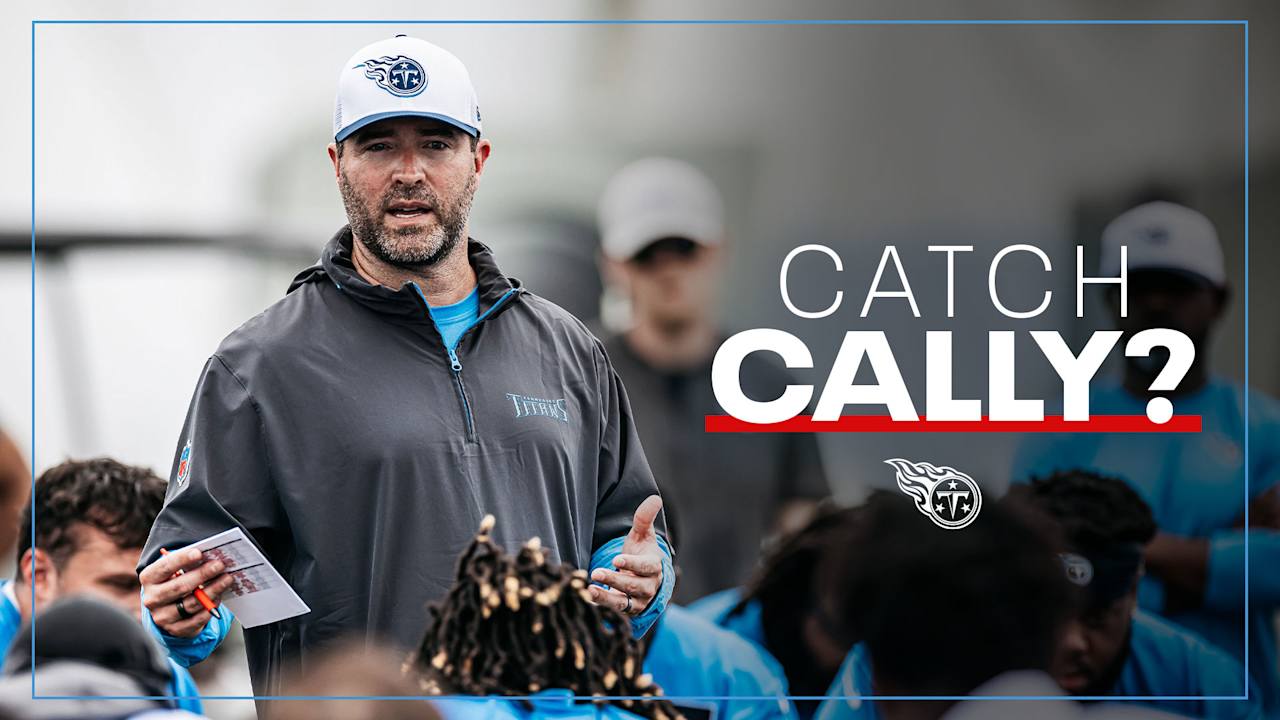In October, Miko Marks & The Resurrectors released the Brooklyn Basement Records EP Race Records, a collection that finds the singer reinterpreting classics such as Willie Nelson’s “Tennessee River” and Creedence Clearwater Revival’s “Long As I Can See The Light.”
The set includes “Long Journey Home,” a take on a Monroe Brothers classic. Above, Billboard premieres Marks’ acoustic video for the track.
“‘Long Journey Home’ is about finding peace and comfort in the midst of many life storms that come our way. For me, the two dollar bill represents grace and mercy,” Marks tells Billboard, referencing the song’s opening lyric: “Lost all my money but a two dollar bill.” “Hope shines through the storm and rain. I wanted to express that hope and happiness in my delivery of the song, even though the lyrics convey struggle. This was not a song I knew from early on, but I was immediately drawn to it. I first heard it during the pandemic when we were exploring a range of early influences in country and blues to draw on for upcoming projects. There are parallels in the song that coincide with my journey as an artist.”
The video, directed by Randolph Infinger and Hunter Long, features an acoustic performance of the song, with Marks performing alongside fellow musicians Justin Phipps, Steve Wyreman and Effie Zilch. Marks filmed the video at the Brooklyn Basement Records office in Nashville, while she was in town to attend AmericanaFest earlier this year.
“It was the first time I had been to Brooklyn Basement Records in Nashville,” Marks recalls of making the video. “They graciously offered their porch and the backyard, which was a perfect space for the video. Peaceful and serene. I have a great team and the musicians are outstanding. They make it easy to be free to sing without reservation. We also got some supportive applause from the next door neighbors, which was sweet.”
In late 2020, Marks began releasing music from Our Country, which marked her first album release in more than a decade, after she first attempted to build a career as a country music artist in the mid-2000s. Now, a year later, she says Our Country, which came out in March, was an essential precursor to crafting Race Records.
“It is fused with many genres — gospel, blues, country — and it opened the door for an opportunity to reach back and draw from the similarities, rather than the differences, between so-called ‘Hillbilly Music’ and ‘Race Music.’ That process was a perfect setup for what became Race Records. We wanted to amplify the fact that separating music along racial lines is unnatural and forced, and deepens our divide. Our Country was also my first time recording with the production team at Redtone Records, and it was such a good and natural fit that we just kept right on going into Race Records. And now we’re already halfway through my next album of original material as well.”





